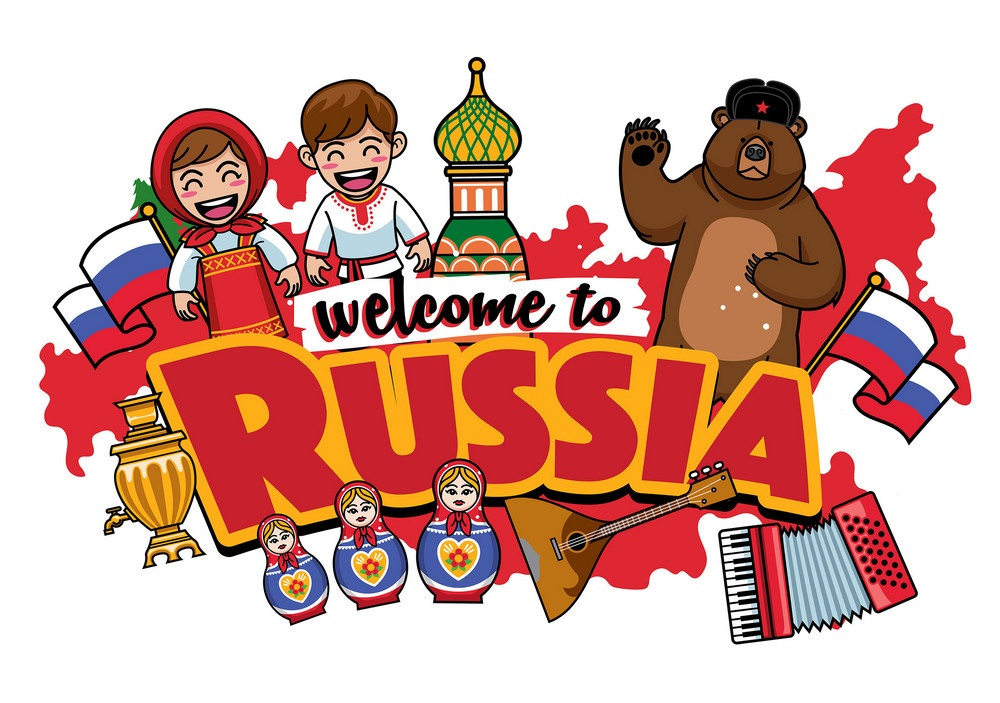16 Steps to Legal Residency in Russia
Details, tips, and helpful information, from Tourist to Resident, step by step
Nearly six years ago, for many good reasons, my family and I left America and moved to Russia. We are now happily living in our home near Rostov. I don’t have any Russian ancestors or Russian family, and I am neither wealthy nor famous, so this was not an easy move. It took time to learn the immigration process, so that we could become legal residents of the Russian Federation.
First we got Russian VISAs and came to Russia as tourists. Then we acquired a temporary residency permit. Later, we became permanent residents. Finally, we received Russian citizenship.
There are multiple benefits to receiving a temporary residency permit:
You can legally work and earn income in Russia (not possible on a tourist visa)
You can live full-time in Russia (no more tourist visa restrictions, requiring you to exit Russia and re-enter every few months)
After 12 months on a temporary residence permit, you become eligible to acquire permanent residency, which never expires, effectively enabling you to live in Russia for the rest of your life
Here are the 16 steps you go through to receive a temporary residence permit in the Russian Federation. I have included details about various parts of the process, with helpful tips along the way.
Step #1 - Start studying the Russian language. Don’t wait until you arrive in Russia. The more Russian you learn before you move, the more smoothly things will go after you move.
Step #2 - Collect all necessary documents from your country of origin:
Marriage license
Children’s birth certificates
Federal criminal background checks for ages 14 and above
(This document is only valid for 90 days, so wait to get it until you are nearly ready to apply for residency in Russia. If you plan to live in Russia for a while before applying, it is possible to run the background check later, by mail.)College degrees and transcripts
(These are not required for immigration. But if you want Russian universities and businesses to recognize your level of education, you will need to bring these documents.)
Step #3 - Get all documents apostilled in your country of origin. If any of your documents do not have an apostille, they will not be accepted in Russia.
Federal-level documents (such as background checks) have to be apostilled at the federal level. In America, the request may be sent directly to the state department, or the request may be sent via an agency such as US Legalization. European countries also offer apostilles, and the specific methods vary according to country.
State-level documents (such as birth certificates and marriage licenses) have to be apostilled at the state level. The request may be sent either directly or via an agency. An internet search should reveal multiple options for apostille agencies available in your local state.
Step #4 - Get a passport in your country of origin. This is necessary for international travel.
Step #5 - Apply for a Russian VISA. For most travelers, it is not possible to enter Russia without a visa. Here is a guide for getting a Russian tourist visa in the easiest way possible.
Step #6 - Plan your living and financial arrangements. You’ll need a place to live when you arrive in Russia, so you’ll either need to rent an apartment or purchase a home. You will also need to bring money with you into Russia, or transfer money to an account in Russia after you arrive. It is important to plan these things ahead of time, before arriving in Russia.
Step #7 - Fly to Russia. There are many ways to accomplish this. It is possible either to fly, or to drive across a land border. Here are 7 ways to travel to Russia now.
Step #8 - Register the address where you live, within the first 7 days of arrival. This step is required by law, whether you are staying as a tourist, or whether you plan to become a resident. If you own a home in Russia, you can register yourself there. If you are staying with a friend or renting an apartment, then your landlord will need to register you. To get this done, find the nearest My Documents office, and let them know you need to get registered.
The remaining portion of this article is for paid subscribers. I have a wife and eight children, and I earn a living as a journalist. By supporting my work, you help support my family. You also unlock a wealth of information about life in Russia, including these details about how to apply for legal residency in Russia . . .
Keep reading with a 7-day free trial
Subscribe to Fr. Joe’s Newsletter - Moving to Russia to keep reading this post and get 7 days of free access to the full post archives.




